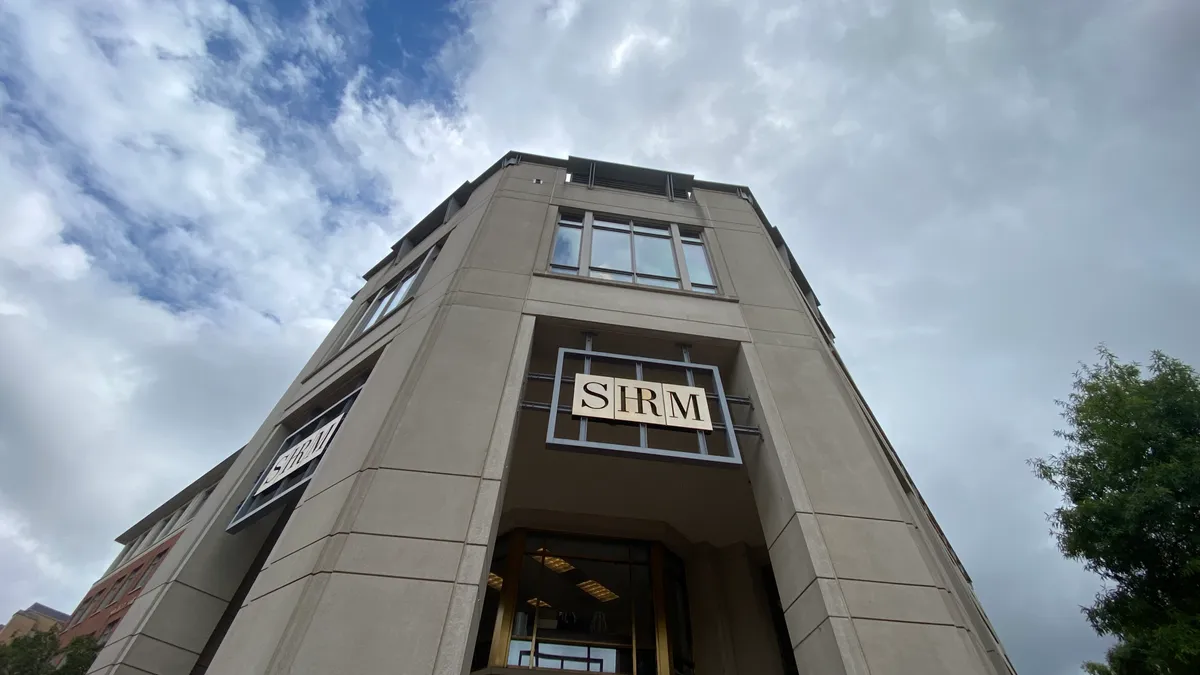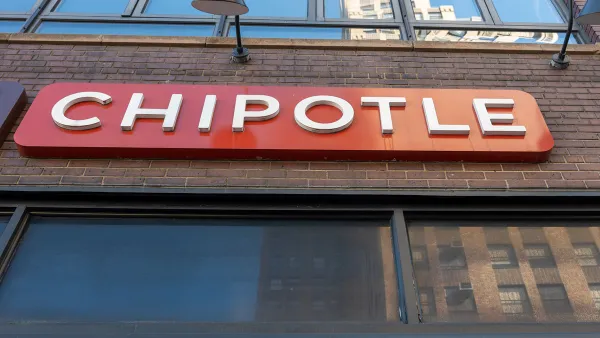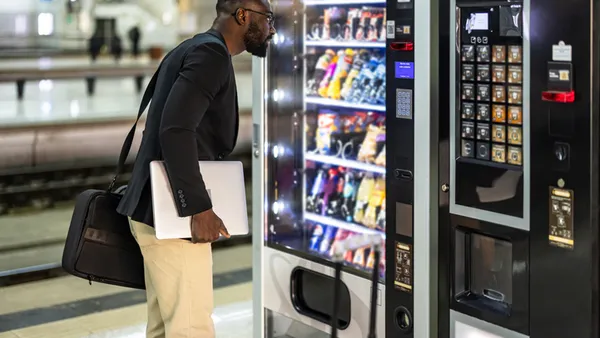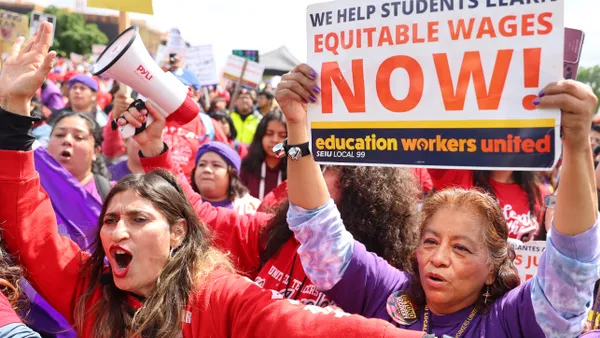Dive Brief:
- Despite the stiffening competition for talent in a tight labor market, average merit salary increases aren't expected to reach beyond 2.9% in 2019, according to a new compensation report by Mercer. From a poll of more than 1,500 companies, Mercer projected that wages will remain flat, with only a slight 0.1% uptick from 2018's 2.8% rate.
- In other key results from the report, 4% of organizations plan to redirect windfalls from the Tax Cuts & Jobs Act to salaries. About half of employers have a separate budget for promotional increases, which rings in at an average of 1.2% of payroll, with an average promotion salary increase at 7.8% of base pay. Most employers (88%) use performance as a driver of base salary adjustments.
- In planning for 2019, organizations reported concerns about retention (78%) and talent attraction (73%). Fewer organizations reported a need to deliver "pay for performance" (52%).
Dive Insight:
A recent Willis Towers Watson (WTW) study also projected only slight increases in wages for exempt and hourly workers. Although WTW's current and projected figures (3.1% and 3.0%, respectively) were a fraction higher than Mercer's, both reports agree that wages will remain flat, as they have for months, despite pressure from a tight labor market to raise pay to compete for talent and boost retention.
After a few companies announced plans to invest some of their tax savings into salary increases, many more companies were expected to do the same. But the Q2 2018 PayScale Index showed that the real beneficiaries of the tax cut have been business owners, C-suite members and shareholders, not workers. In reality, workers' wages, as they relate to inflation, lost ground by 1.8%. Workers earned 1.4% less this year than in 2017 because of a rapidly rising Consumer Price Index (CPI). In fact, wages dropped in 80% of industries.
With the unemployment rate still at a historic low, currently 3.9%, employers will be pressured to find other ways to attract and retain talent besides pay, largely through benefits and perks. But 82% of people admit that they're always on the lookout for new job opportunities, and money still edges out development and benefits as the top job-hunting incentive.














